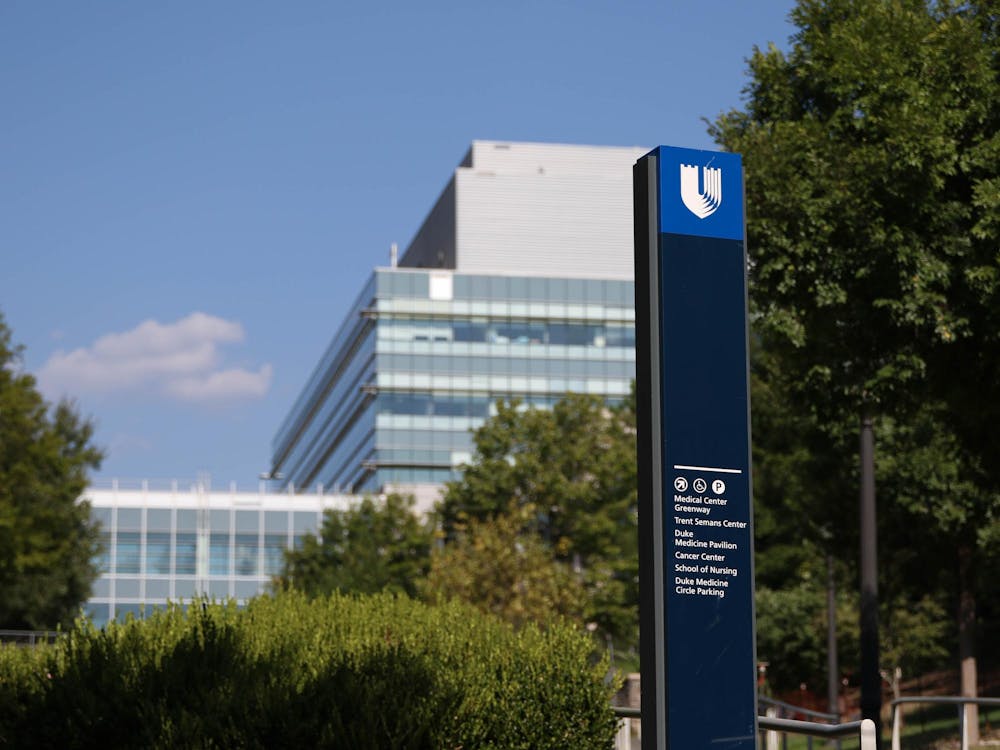Summary
The Duke University School of Medicine is well poised to navigate uncertain financial waters despite mounting funding threats, according to its dean, Mary Klotman.
Source: The Chronicle

AI News Q&A (Free Content)
Q1: What strategies has Duke University School of Medicine implemented to ensure financial resilience amidst funding challenges?
A1: Duke University School of Medicine, under the leadership of Dean Mary Klotman, has adopted a proactive approach to financial resilience in the face of funding challenges. The administration has made 'tough but necessary' decisions regarding finances and operations, ensuring that the school remains operational while protecting its core values. This strategic planning is part of the School's 'Made for This' fundraising campaign, designed to solidify its strong footing against financial upheavals.
Q2: Who is Mary Klotman and what role does she play at Duke University School of Medicine?
A2: Mary E. Klotman is a nationally recognized leader in academic medicine, serving as the executive vice president for health affairs at Duke University, dean of the Duke University School of Medicine, and chief academic officer for Duke Health. Her leadership is pivotal in steering the School through financial challenges while maintaining its reputation for excellence in medical education and research.
Q3: How does Duke University School of Medicine's clinical rotation system contribute to its overall academic and financial strategy?
A3: Duke University School of Medicine's clinical rotation system is integrated within the Duke University Health System, which includes specialty clinics and hospitals. This integration not only enhances medical education through practical experience but also strengthens the financial backbone of the school by fostering a robust network of healthcare services across the Southeastern United States.
Q4: What recent research has been published related to financial resilience in medical education?
A4: While specific research on financial resilience in medical education at Duke is limited, broader studies have explored financial strategies in academia. These include optimizing resource allocation and leveraging partnerships with healthcare institutions, which are crucial for sustaining operations amidst fluctuating funding.
Q5: How does Duke University School of Medicine's approach to financial management align with trends in the broader academic medical community?
A5: Duke University School of Medicine's approach aligns with broader trends emphasizing strategic financial management, including diversified funding sources and robust operational frameworks. This approach is increasingly necessary for academic medical centers to navigate the complexities of modern healthcare funding and policy changes.
Q6: What impact does the 'Made for This' fundraising campaign have on Duke University School of Medicine's financial strategy?
A6: The 'Made for This' fundraising campaign is central to Duke University School of Medicine's financial strategy, aimed at bolstering its financial resilience. The campaign seeks to secure funds that will ensure the continuity and advancement of its educational and research missions in the face of external financial pressures.
Q7: What role does the Duke University Health System play in supporting the financial stability of the School of Medicine?
A7: The Duke University Health System plays a critical role in supporting the financial stability of the School of Medicine by providing a comprehensive network of healthcare services and facilities. This partnership not only enhances clinical education but also contributes to a steady revenue stream, vital for sustaining the school's operations and academic pursuits.
References:
- The Chronicle: https://www.dukechronicle.com/article/2025/07/duke-university-state-of-the-school-of-medicine-address-dean-mary-klotman-nih-funding-made-for-this
- Duke University School of Medicine: https://medschool.duke.edu/about-us/leadership-and-administration/about-dean
- Duke Health: https://corporate.dukehealth.org/people/mary-klotman-md





